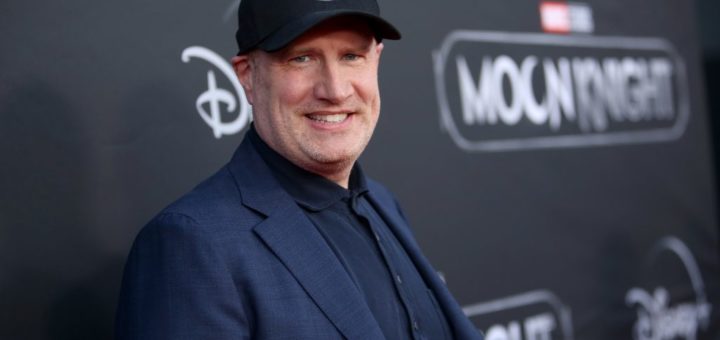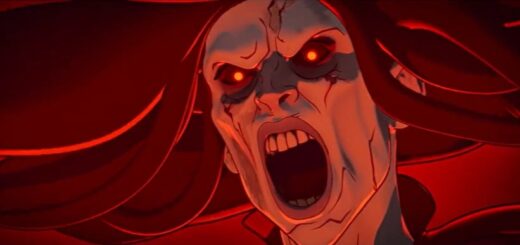‘Moon Knight’ Writer Talks About How They Sold Kevin Feige
On paper, the idea of a superhero series surrounding Egyptian deities and dissociative identity disorder is a pretty tough sell; in a recent interview, Moon Knight writer Jeremy Slater talks about how they sold Kevin Feige.
With its six-episode first season in the books, we can comfortably say that Moon Knight is among the best projects ever developed by Marvel Studios, and it firmly stands as possibly the best series yet for the Marvel Cinematic Universe.
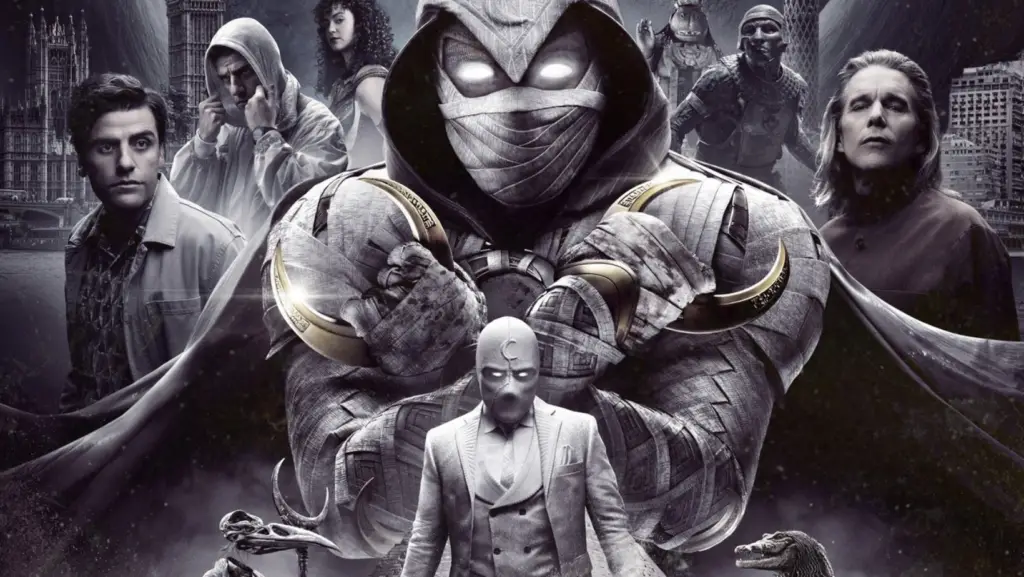
Source: Marvel Studios
Exploring mature themes that are quite foreign to the interconnected film franchise, Moon Knight balances the delicacy necessary to speak on topics like child abuse and mental illness, with the freedom to explore ancient mythological beings and vengeful gods.
It all combined in an emotionally charged series that was a true character study for the MCU, and its subject Marc Spector firmly established himself as one of the best characters in the film universe.

Source: Marvel Studios
But, for as successful as the series has proven to be, a Marvel show centered around a character’s mental illness and enslavement by an Egyptian god doesn’t seem to be the easiest sell for a Studio.
In a recent interview with ComicBook.com, Moon Knight writer Jeremy Slater talks about how they sold Kevin Feige on the idea, and the difficulty of the character

Source: Marvel Studios
Slater stated, “That’s always been a little bit of a Moon Knight problem is, in the wrong hands, he’s just sort of Batman clone with a pallet swap and Batamsn got an 80-year head start on us. It’s very easy to do something that would just feel super derivative.”
“They gave us this and they like, ‘Look, he [Kevin Feige] loves the mental health aspect. He loves the dissociative identity disorder he’s really drawn to Egyptology.” Slater noted.
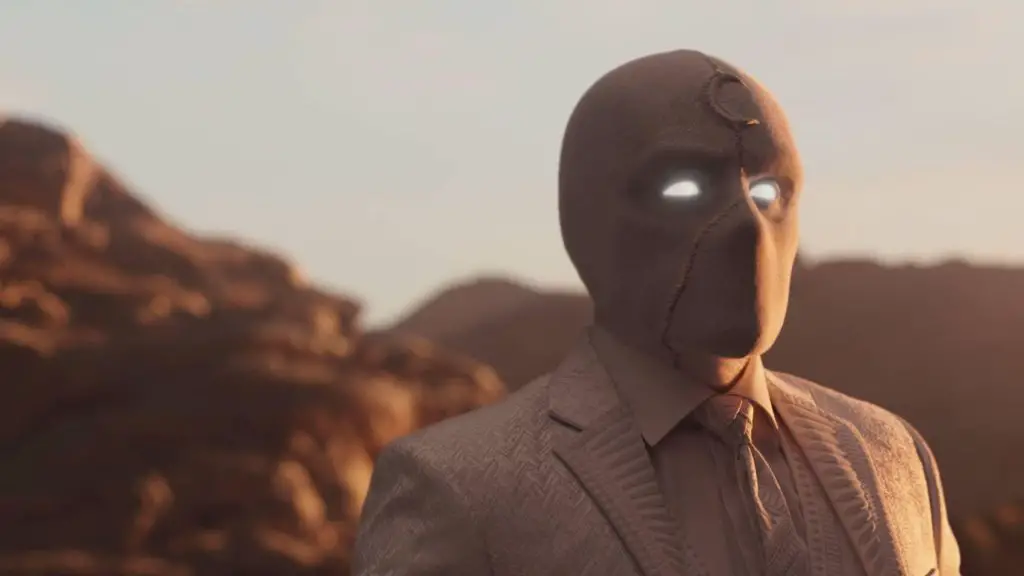
Source: Marvel Studios
“He likes the Jeff Lemire run, the idea that you could be on the bus and look out the window and see an Egyptian god standing on the street corner.'” Slater continued, “That was something Kevin [Feige] sort of identified early on of like, ‘Okay, well that’s interesting. that’s unique.'”
It is interesting to hear how Kevin Feige’s influence really shaped the overall direction and focus of the series, with the character’s mental illness, and the establishment of the world defining the series that we would get.
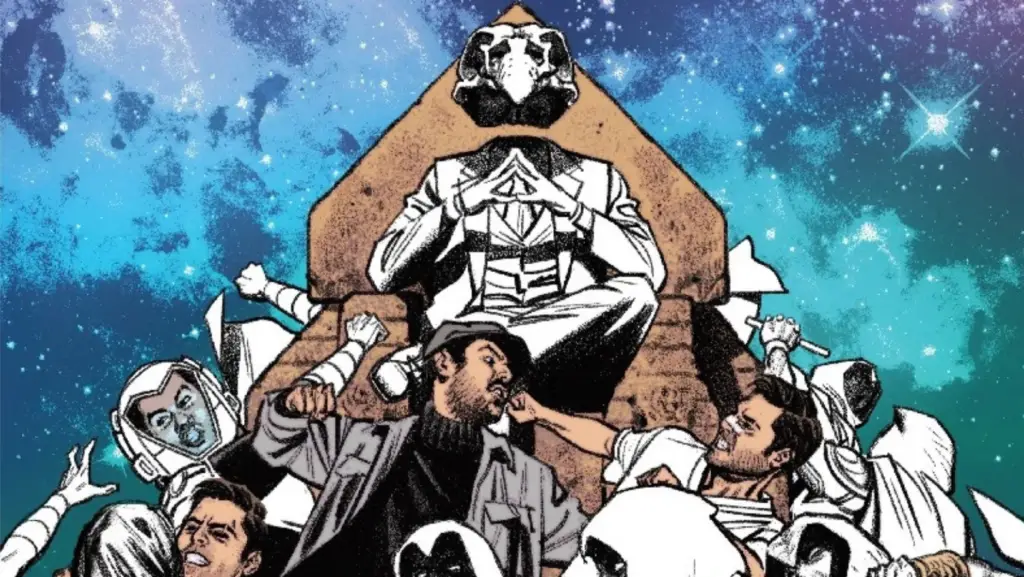
Source: Marvel


